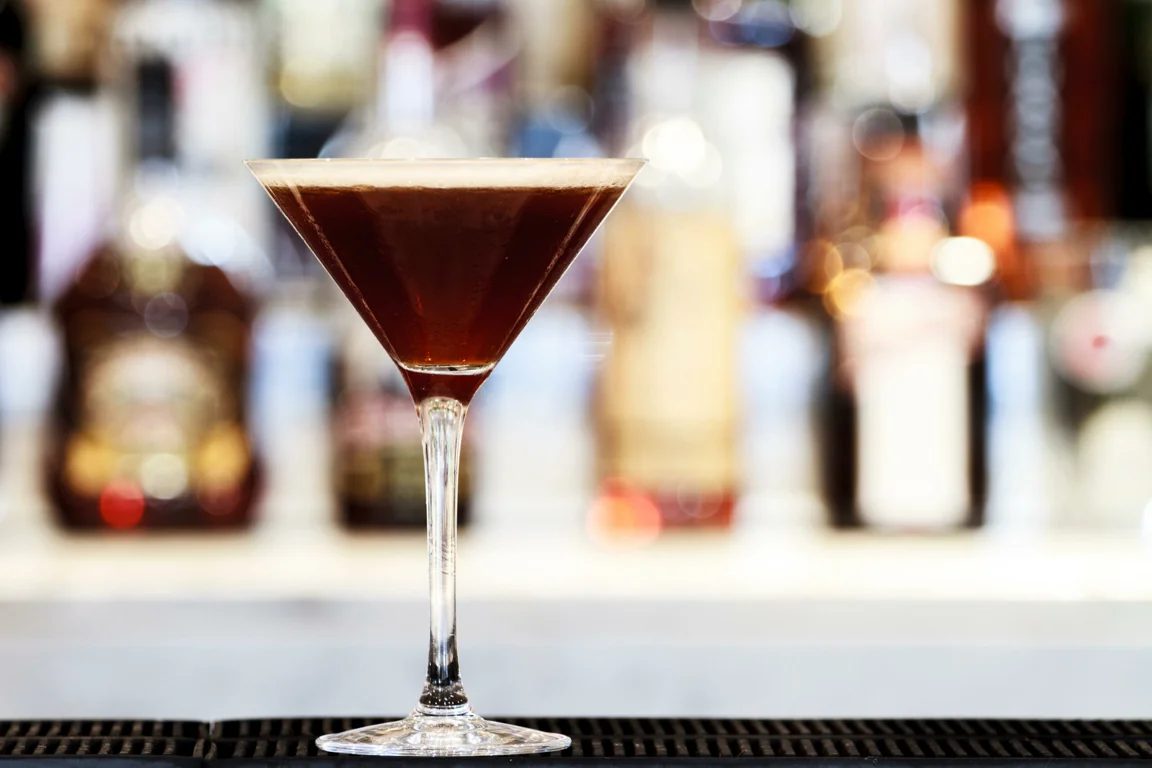Uncategorised
Does mixing your drinks actually make you get more drunk?
09 Nov 2018
3m
Before any night out, it’s wise to take a few precautions. Lining your stomach with something massive and delicious is always well advised. Not starting too early is also sensible. But perhaps the biggest pearl of wisdom that most of us are often all too happy to ignore is that, under no circumstances, should we ever mix our drinks. The consequences are likely to be several hours spent curled like a sick puppy, gently moaning to ourselves and anyone who’ll listen about how no one in the history of headaches has ever felt like this.
Most of us take for granted the fact that drink mixing is a recipe for disaster. But, despite the drinking gospel advocated by our elders, some people are starting to question whether or not mixing actually makes the slightest bit of difference. Does it really matter if you chase a bottle of wine with a few shots of tequila? It’s high time we determined exactly what is going on.
Somewhat surprisingly, almost all experts agree that deciding to mix your drinks on a given night out is unlikely to have any effect whatsoever on the severity of your hangover. Rather than the combination of different drinks, scientists believe that the hangover scale is instead determined by how much alcohol you consume and how quickly. Essentially, this means that the alcohol itself can come from as many different sources as you like, provided you don’t drink too much of it too quickly.
There are a number of key factors that contribute to developing a killer hangover. Since the ethanol present within all alcohol is itself a poison, many of the negative side effects are a direct result of the body’s intolerance for the substance. According to the BBC, research published in 2000 suggests that “the causes of the main symptoms of hangovers are dehydration, changes in the levels of hormones such as aldosterone and cortisol, and the toxic effects of alcohol itself.” There is also strong evidence that “the immune system is disrupted and that this could be the cause of the headache, the nausea and the fatigue.” This has little to do with different drinks.
Instead of blaming bad hangovers on drink mixing, many now believe that the key may lie in chemicals known as “alcohol congeners”. Produced in the fermentation process during the production of dark liquors like whisky and tequila, and largely absent from clear spirits such as vodka, congeners are believed to enhance the effects of a hangover beyond what you might expect from pure hangover poisoning. The only way drink mixing might make a difference is if someone were to switch between drinking whisky and gin on a night out. Scientists then believe that this could indeed drastically affect the severity of their hangover.
For as long as we keep waking up feeling ropey, it makes sense that we will be looking for someone or something to blame. It’s comforting to think that you feel so awful because of a poorly time lager rather than your own over indulgence. Sadly, this is not the case. There is just no getting away from the fact that, if you don’t want to feel terrible, you’re just going to have to drink less.



